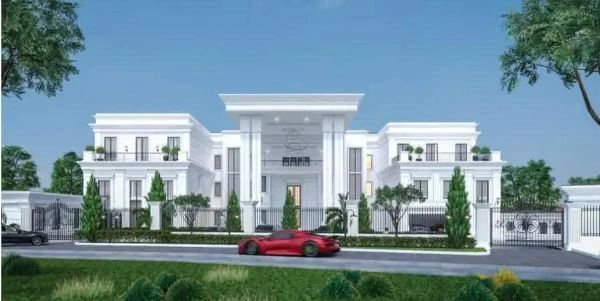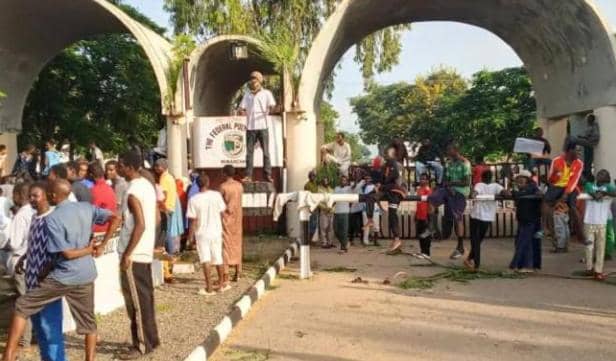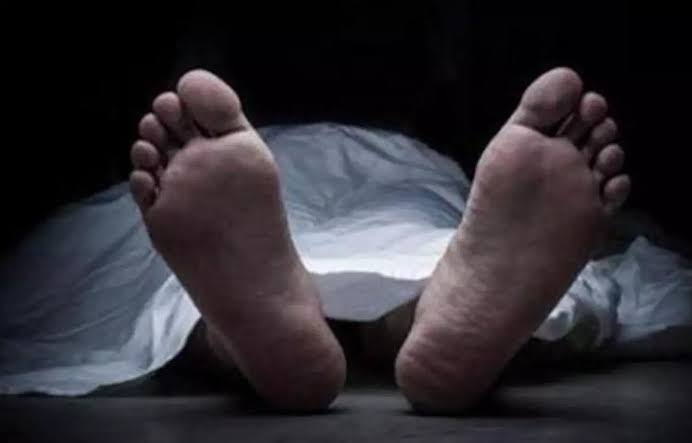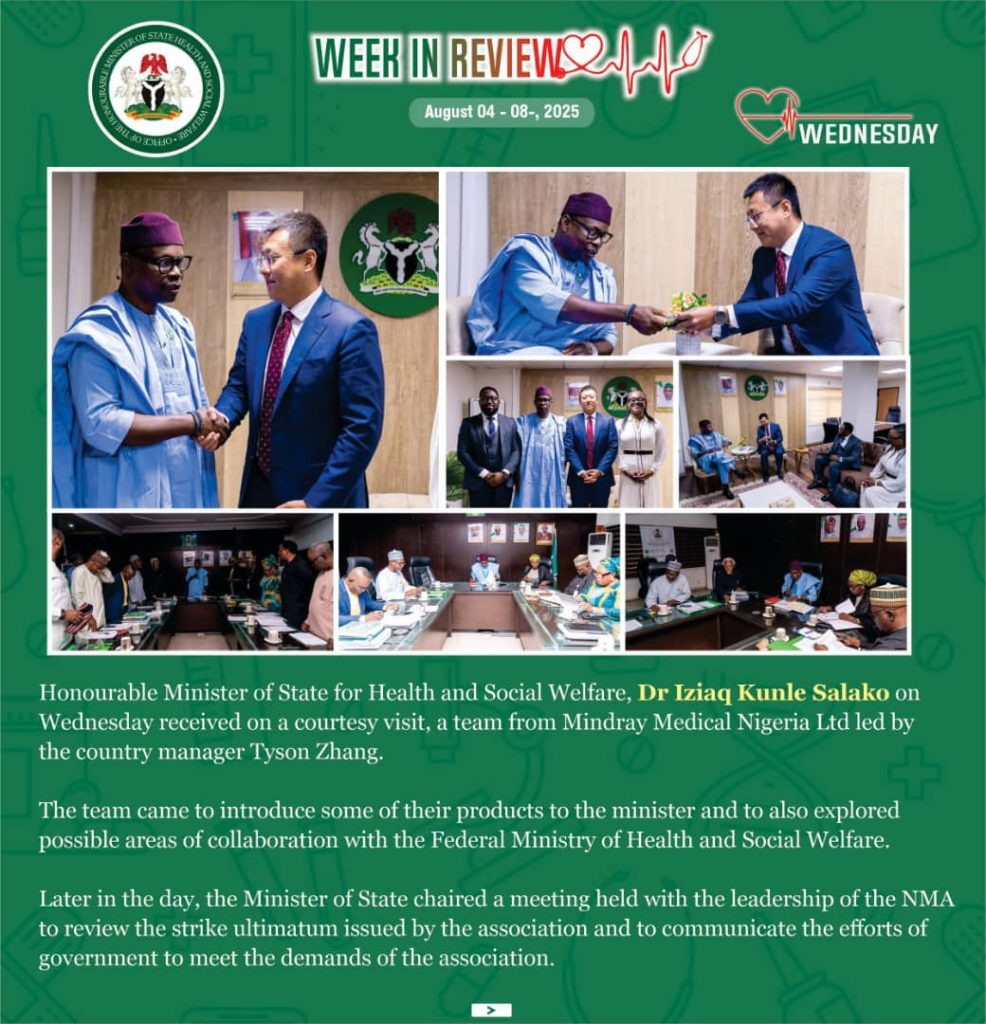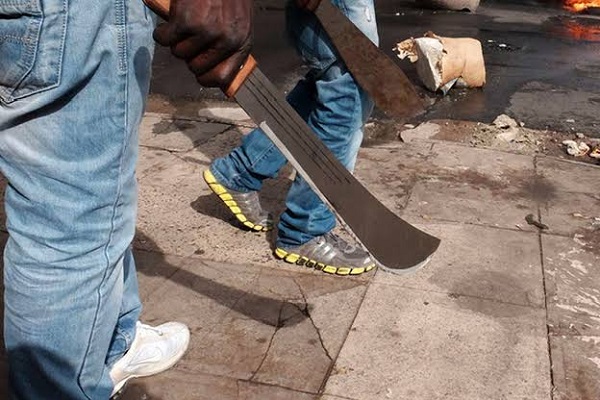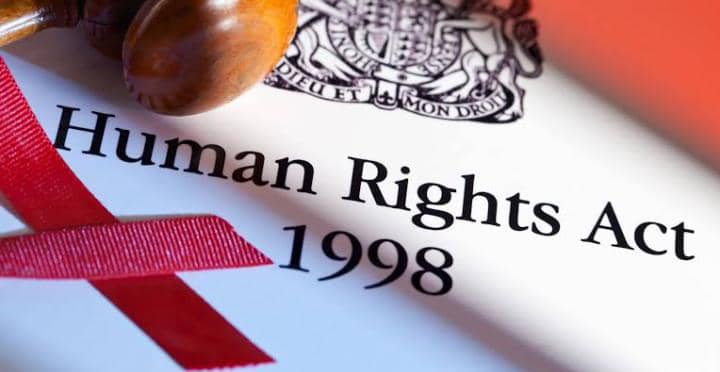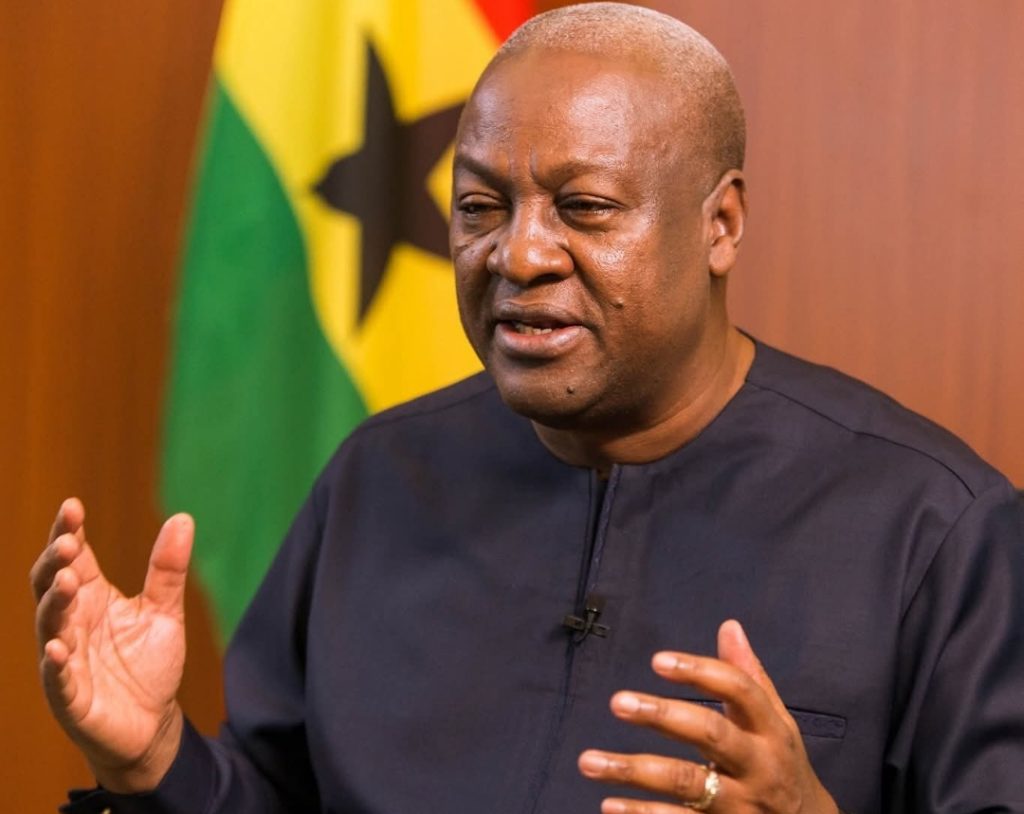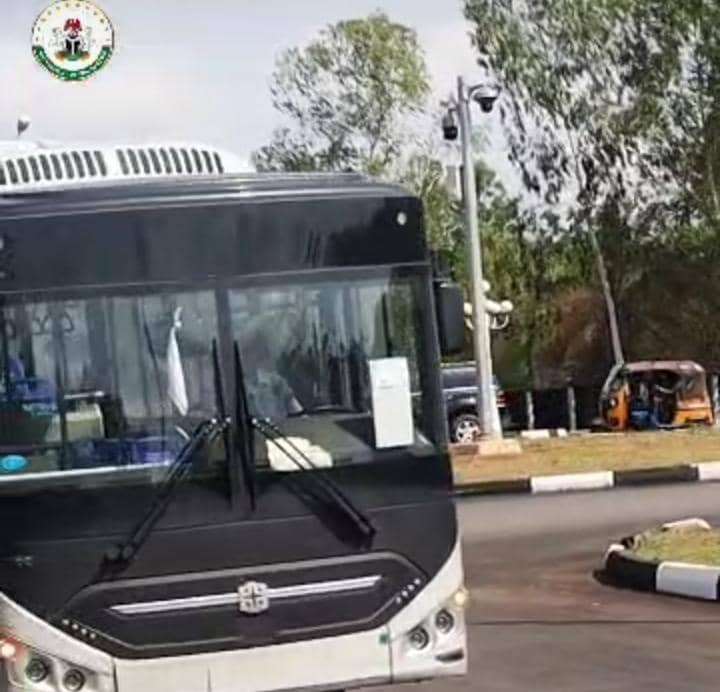News
Why President Buhari wants to borrow $30billion

The director-general of Nigeria’s Debt Management Office (DMO) has explained why President Muhammadu Buhari wanted to borrow $29.96 billion as part of the 2016 – 2018 External Borrowing Plan.
Dr Abraham Nwankwo said the loan would help the government address the infrastructure deficit bedevilling the cuountry. Its low concessionary interest rate, which is fixed at 1.5 per cent, the 20-30 years repayment plan and its expected multiplier effects make the loan desirable and attractive, he said.
“When you are in this kind of economic situation, you have to decide where you want to start addressing the problem,” Nwankwo said on Tuesday. “You then come to the conclusion that the most critical point to start is to deal with infrastructure problem.
“If you deal with infrastructure problem, the cost of power will be lower, the cost of transportation will be lower, and the cost of most other services will be lower.”
But the Nigerian Senate has turned down the request to authorise the president to borrow the fund. The request which was introduced for consideration by the Leader of the Senate Ali Ndume and seconded by Sen. Emmanuel Bwacha, was rejected by a majority of the senators present.
When the question was put to commence the consideration of the request senators answered in the negative, rejecting the proposal.
But said the loan facility will help revive infrastructure like railways which will smoothen movement of heavy goods across the country.
He believed tackling infrastructure deficit would force down costs of goods and services on the long run, explaining that the development will have a significant impact on the price level in the economy.
“That impacts the economy by bringing down the general price level, (they call it the consumer price index, which is a classical measure of the price level and the rate of inflation.) When you do this, the Central Bank of Nigeria will set the monetary policy rate low, because all over the world, the central bank knows it has to put the monetary policy rate high enough to catch up with inflation rate, otherwise we will be talking of negative real rate of interest which destroys the economy.
“So the way to go about it is that you have adequate infrastructure, power road, transportation ICT. All these make the cost of production in the economy much lower and when this happens, the cost of goods and services will be lower and then inflation will start coming down. And if inflation comes down, the monetary policy rate will be lower and this will translate to a lower lending rate. That is the sequence,” Nwankwo explained. Play best gun games site.
For Diaspora Digital Media Updates click on Whatsapp, or Telegram. For eyewitness accounts/ reports/ articles, write to: citizenreports@diasporadigitalmedia.com. Follow us on X (Fomerly Twitter) or Facebook



